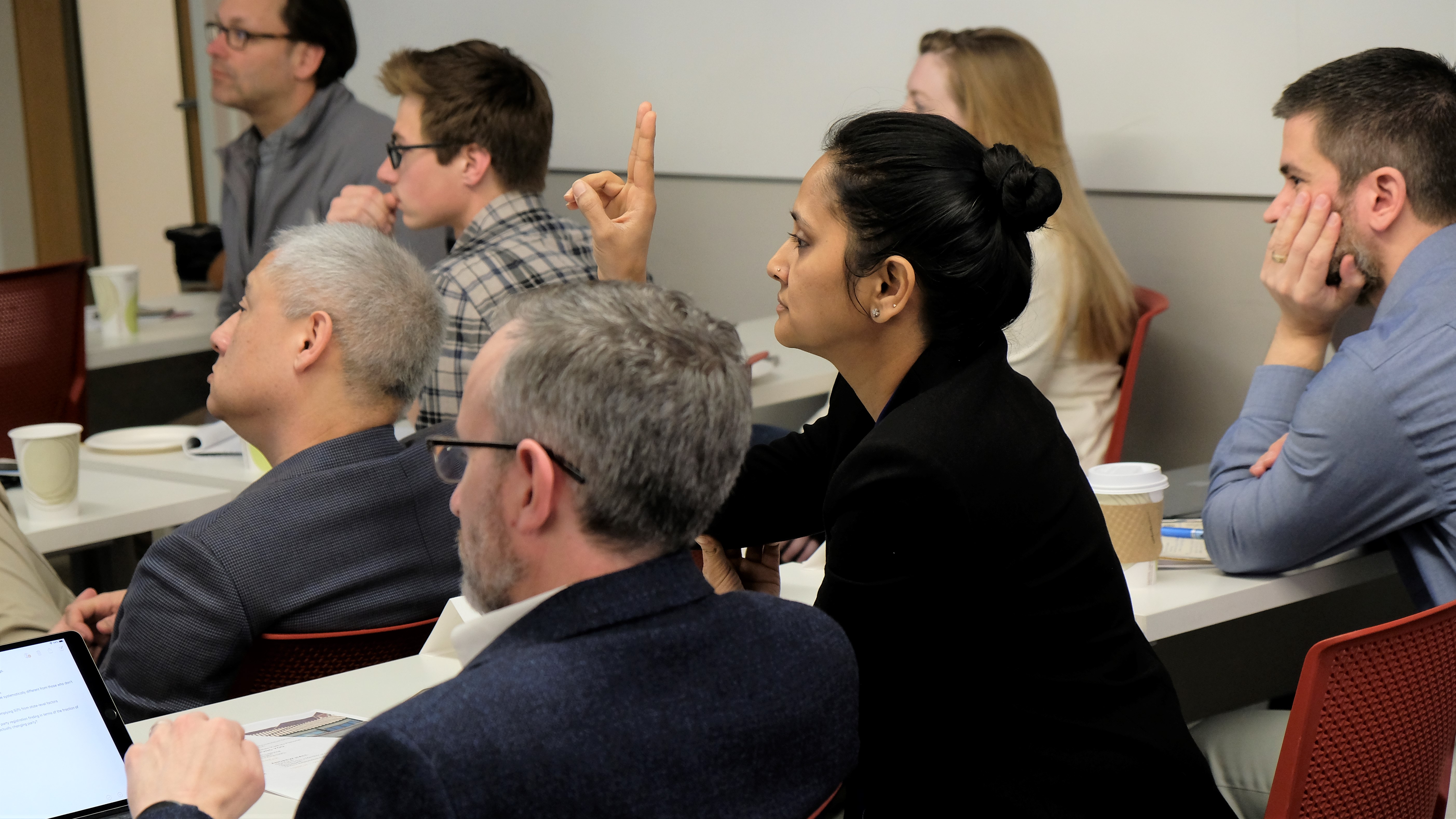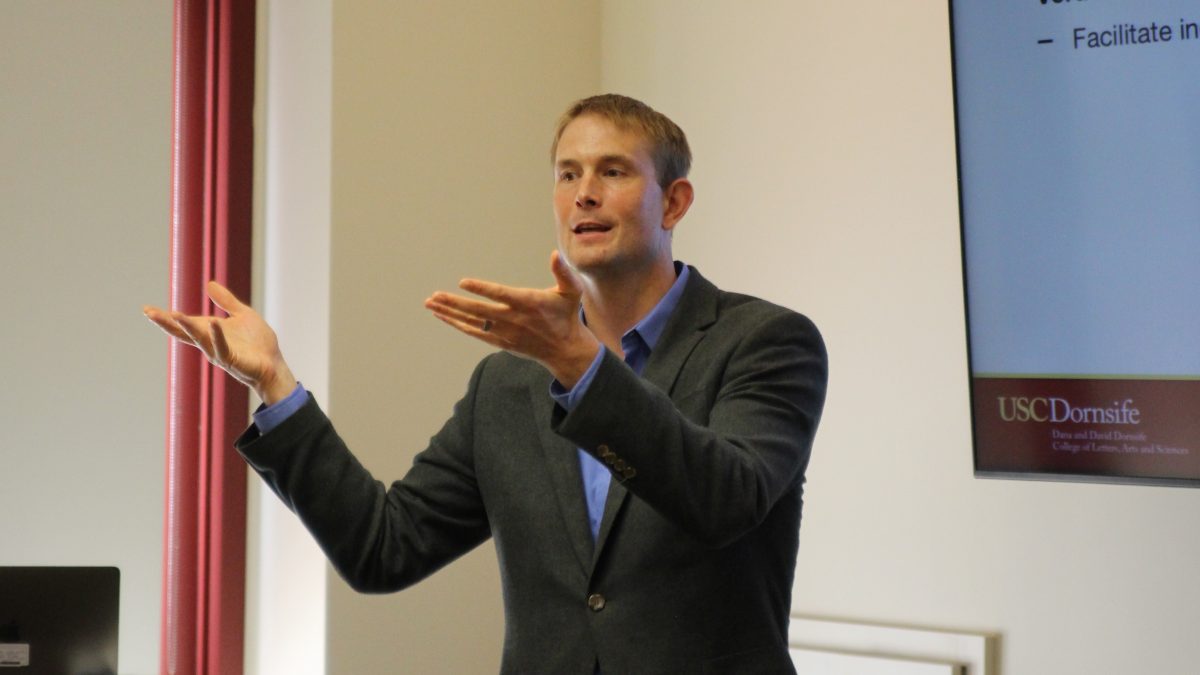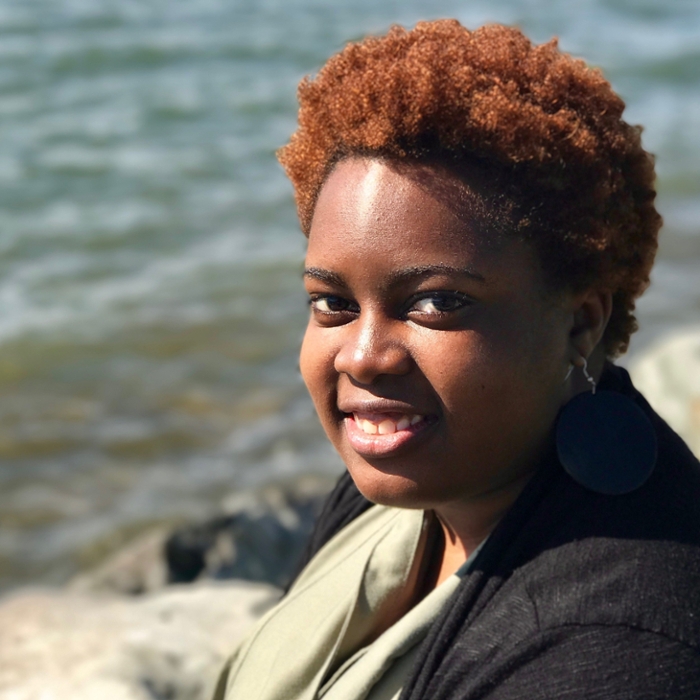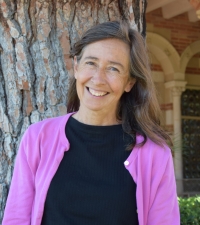PIPE* Research: Abby K. Wood, USC, Gould School of Law
Campaign Finance Transparency Affects Legislators’ Election Outcomes and Behavior Do audits by executive agencies impact the behavior of those audited? Does revealing negative information about legislators affect electoral results and behavior? Institutions that encourage transparency, such as campaign finance disclosure, influence mass and elite behavior. We theorize that greater transparency Read more…




